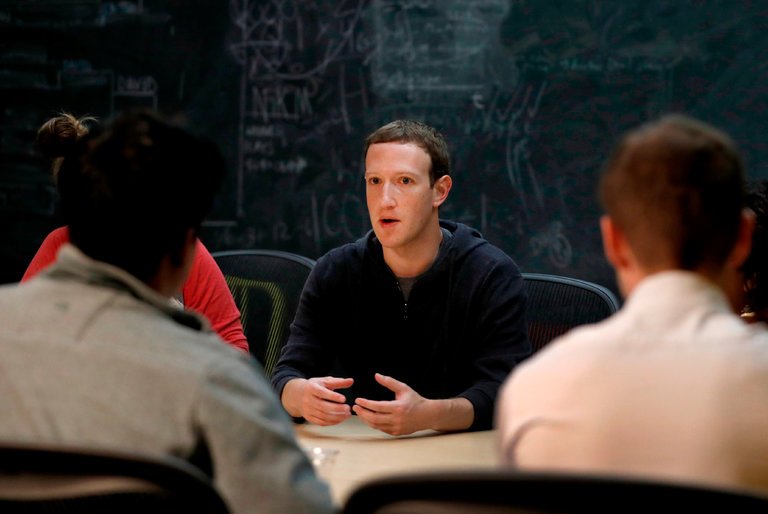Zuckerberg to Tell Congress Facebook Made ‘Big Mistake’ on Multiple Fronts
When he goes before Congress this week, Mark Zuckerberg, Facebook’s chief executive, will issue a broad apology for letting the website be used as a conduit for fake news, election meddling by foreign entities, hate speech and privacy abuses, according to a copy of his testimony released on Monday.
“We didn’t take a broad enough view of our responsibility, and that was a big mistake,” Mr. Zuckerberg said in comments published by the House Committee on Energy and Commerce. “It was my mistake, and I’m sorry. I started Facebook, I run it, and I’m responsible for what happens here.”
Facebook is entering a week of intense scrutiny in Washington, with Mr. Zuckerberg scheduled to testify before congressional committees on Tuesday and Wednesday. The company is confronting a surge in criticism over how it handled the private data of as many as 87 million users that was harvested by Cambridge Analytica, a political consulting firm tied to President Trump’s 2016 campaign.
Mr. Zuckerberg, in his prepared remarks, addresses the scandal, saying that Facebook must do more to protect its users’ personal information. The company, he says, will block app developers from gaining access to the data of users who have been inactive for three months; restrict the ability of users to inadvertently share information about others in their networks; and adopt stricter permissions guidelines and search features.
Advertisement
Continue reading the main story
“Across the board, we have a responsibility to not just build tools, but to make sure those tools are used for good,” Mr. Zuckerberg says in his testimony. “It will take some time to work through all of the changes we need to make, but I’m committed to getting it right.”
Continue reading the main story
He also says that Facebook, which he described as “an idealistic and optimistic company,” was “too slow to spot and respond to Russian interference” in the presidential election, a point he underscored in a separate post on Facebook on Monday.
In that post, he also said that Facebook would form an independent commission of academic researchers to study social media’s impact on elections.
The commission’s goal, Mr. Zuckerberg wrote, “is both to get the ideas of leading academics on how to address these issues as well as to hold us accountable for making sure we protect the integrity of these elections on Facebook.”
Facebook plans to assemble experts with “different political outlooks, expertise and life experiences, gender, ethnicity and from a broad range of countries,” the company said in a statement. The group, which will be chosen in the next few weeks with initial plans to operate for a year, will decide which topics to study and will solicit proposals for independent research.
The researchers chosen to participate will have access to privacy-protected sets of Facebook data, but only after being vetted by a review board, external privacy experts and Facebook’s privacy and research review teams. The company said it would not review or approve the researchers’ findings before they are published.
Financing for the project is being provided by, among others, the John S. and James L. Knight Foundation, the Charles Koch Foundation and the Omidyar Network.
Elliot Schrage, Facebook’s vice president of communications and public policy, and David Ginsberg, its director of research, said in a blog post on Monday that the company had made “real progress” in dealing with hoax stories and sham accounts since the 2016 election and the “Brexit” campaign to withdraw Britain from the European Union.
“But there is much more to do — and we don’t have all the answers,” they said.
Many Facebook users abandoned their accounts after learning about Cambridge Analytica’s harvesting of Facebook data. Steve Wozniak, a co-founder of Apple, told USA Today on Sunday that he would stop using Facebook because he did not want the company to profit off his personal information. Elon Musk, the chief executive of SpaceX and Tesla, had previously taken down both companies’ Facebook profiles.
Follow Tiffany Hsu on Twitter: @tiffkhsu.
Continue reading the main storyRead the Original Article




























